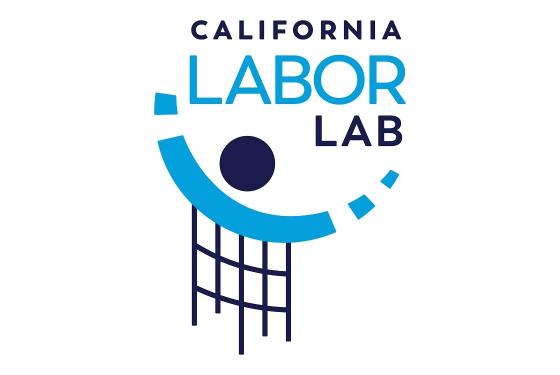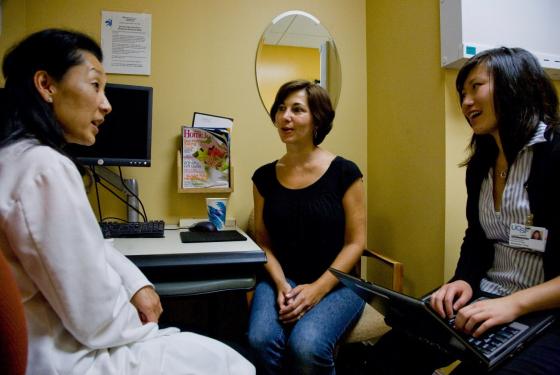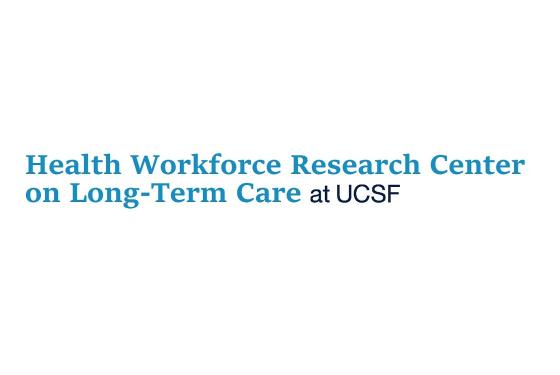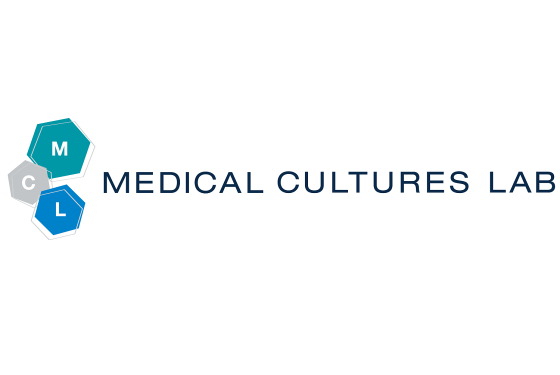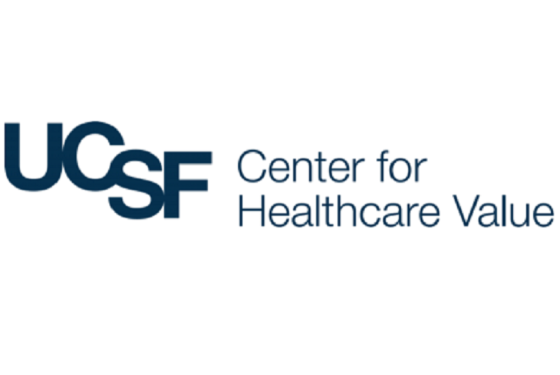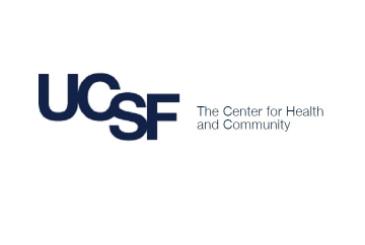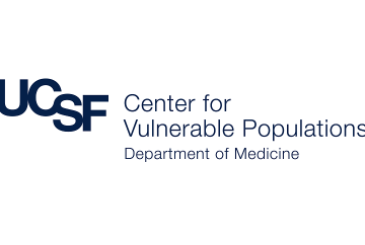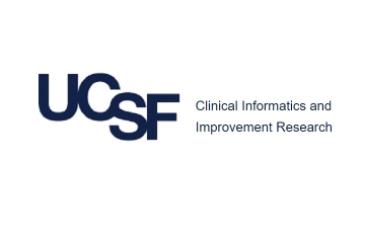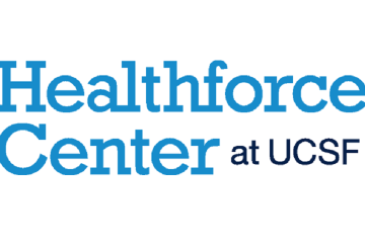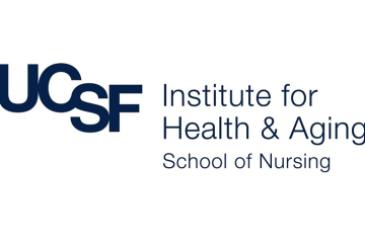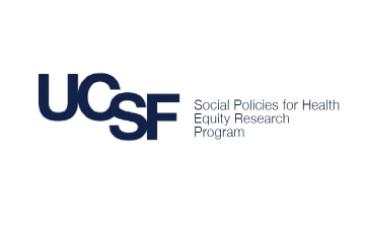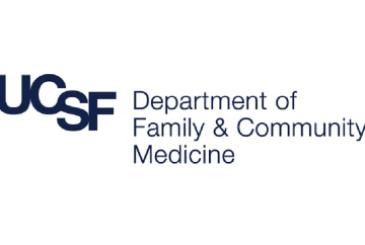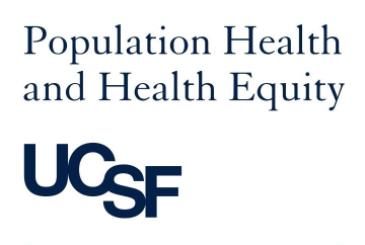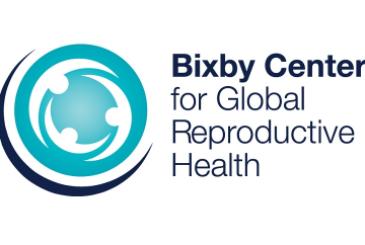Partners & Programs
IHPS is the home of several centers and programs, and we partner with a wide variety of centers and programs across UCSF.
Our Centers and Labs
The mission of the California Labor Laboratory, a NIOSH Center of Excellence for Total Worker Health® is to extend the pursuit of health and safety for workers in traditional employment to those in a wide range of alternative arrangements in partnership with affected communities. The Labor Lab is designed to document the extent to which these new forms of work are being used, to gauge their effect on the health of the working age population of the State, and to engage with workers, employers, and policymakers to mitigate these effects.
The Patient Support Corps is a service learning program housed in the Institute for Health Policy Studies. We train pre-health students to serve patients as navigators or health coaches, while earning academic credit or a stipend. This program has a special focus on attracting students from under-represented backgrounds, and supporting patients who are under-served. In this way we are simultaneously advancing patient care and student careers.
The UCSF Health Workforce Research Center on Long-Term Care (UCSF HWRC) is a dynamic hub of policy-oriented research and investigation, established through support from the National Center for Health Workforce Analysis in the U.S. Bureau of Health Workforce. Our mission is to help answer the question: Is our health care workforce prepared to meet the growing long-term care needs of the aging U.S. population?
The Medical Cultures Lab is a community of scholars who work to understand the culture of medicine and advance health equity.
Situated within UCSF’s Philip R. Lee Institute for Health Policy Studies, the CHV brings together expertise in clinical care, research methods, implementation sciences, health policy, health care delivery, law, information technology, entrepreneurship, and business to address the barriers to providing high-quality, efficient, and cost-effective healthcare and innovation. Through the development of proven, replicable interventions, the CHV will develop and test local and national models for improving healthcare value.
The Food Policy Lab is a leading research hub committed to advancing our understanding of food systems and their profound impact on public health.
Our UCSF Partners
The Center for Health and Community (CHC) aims to improve individual and population health through research and teaching addressing the social, behavioral and policy aspects of health and health care.
The Center for Vulnerable Populations (CVP) has the goal of creating actionable research to increase health equity. At CVP, we conduct rigorous research providing the evidence to drive changes in patient care, community, and policy. To achieve these aims, we focus on diverse topics, such as homelessness, food insecurity, immigrant health, and increasing diversity in the biomedical workforce.
Clinical Informatics and Improvement Research Center (CLIIR) uses innovative approaches to advance discovery of how to improve the use and impact of digital health on health system performance.
At Healthforce Center, we believe that people are the most important element in health care. Our mission is to equip people with the workforce knowledge, leadership skills, and network connections to create a collective force for health, equity, and action. We envision an effective and responsive health care ecosystem that is driving progress toward more equitable health outcomes for all. We provide research, programming, consulting, and evaluation in support of these goals.
The Institute for Health & Aging (IHA) is the University of California's first campus-wide organized research unit (ORU) devoted to the study of health and aging and is the only ORU in the UCSF School of Nursing. The work of the institute includes extensive and successful research, training and public service in the areas of aging, health and health policy
The Social Policies for Health Equity Research (SPHERE) program, led by Dr. Rita Hamad, is a research group that focuses on evaluating the health effects of social and economic policies.
This research helps us to understand the role of social and economic factors—like poverty, education, and structural racism—in influencing racial and socioeconomic disparities in health. It also helps to provide evidence on specific policies to inform policymaking to attain health equity.
Department faculty are engaged in a broad variety of clinical research, epidemiological studies and methodologic activities across 15 areas of concentration. In addition to the many projects that are led by departmental faculty, a unique feature of the department is the emphasis given to interdisciplinary collaboration, carrying their expertise in research methods and analysis to other departments and institutions.
The Department of Humanities and Social Science's mission is to solve problems that create barriers to healthy life by proposing effective interventions at the intersections of health, humanity, and society.
The department's faculty and students examine the historical, ethical, racial, cultural, and political conditions that impact the promises of biomedical research and health care equity.
UCSF's Family and Community Medicine strives to improve health through excellence and innovation in patient care, education, research, advocacy, and community empowerment. The department is dedicated to building a just and equitable society, recognizing that health and illness are shaped by the context's of people's lives.
The Office of Population Health (OPH) leads UCSF Health’s efforts to improve the health of our patients, improve the experience for our patients, and lower the costs of care delivered. OPH works closely with leadership across UCSF to execute a system-wide strategy of delivering innovative models of value-based care.
The UCSF Bixby Center for Global Reproductive Health integrates research, training, clinical care, and advocacy to advance reproductive autonomy, equitable and compassionate care, and reproductive and sexual health worldwide.


